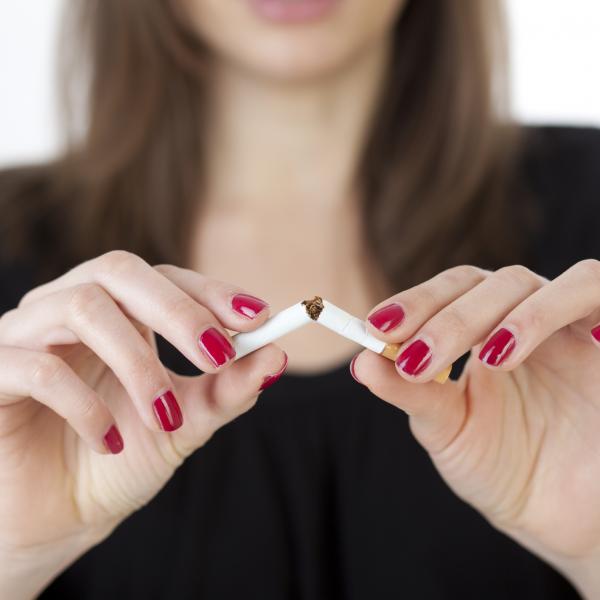What increases my risk of oesophageal cancer?

On this page:
These risk factors increase your chance of developing oesophageal cancer:
- Smoking: Smoking is one of the major risk factors for oesophageal cancer.
- Alcohol: If you are a heavy drinker over many years, you have a higher risk of getting oesophageal cancer. If you both smoke and drink, your risk is even higher.
- Weight: If you are extremely overweight (obese), it can increase your risk of oesophageal cancer.
- Sex: It is more common in men than women.
- Age: It’s usually diagnosed in people over the age of 60.
- Acid reflux: Acid reflux (heartburn) can cause irritation to the oesophagus and lead to changes in the cells there. Acid reflux affects about 1 in 3 people. It is also known as gastro-oesophageal reflux disease (GORD). Acid reflux can irritate the lining of the oesophagus, leading to a condition called Barrett’s oesophagus.
- Barrett’s oesophagus: Over time, the inflamed cells due to acid reflux can change and look like cells in your stomach (columnar cells). This condition is known as Barrett’s oesophagus. This is not a cancer, it’s a precancerous condition - in less than 1% of cases it may lead to oesophageal cancer.
- Achalasia: This is a very rare condition where the muscles in the oesophagus cannot relax and open after swallowing. This causes a build-up of food in your oesophagus and increases your risk of cancer.
- Poor diet: Your risk of oesophageal cancer may be raised if your diet lacks certain vitamins and minerals, such as zinc. A diet high in red and processed meats may also increase your risk. There is some evidence that drinking really hot drinks can also increase your risk.
- Previous cancer treatment: Previous radiotherapy treatment to the chest can increase the risk of oesophageal cancer, however this is rare.
Having a risk factor doesn’t mean you will definitely get cancer. Sometimes people with no risk factors get the disease. If you’re worried, talk to your GP or talk to one of our cancer nurses. Call our Support Line on 1800 200 700 or visit a Daffodil Centre.

Inherited family genes do not usually cause oesophageal cancer.

Reducing your risk of oesophageal cancer
- Stop smoking
- Avoid alcohol or keep within the low risk guideline amounts
- Keep a healthy weight for your height
- Go for regular check-ups if you have Barrett’s oesophagus
- Eat a balanced diet with plenty of protein, fresh fruit and vegetables. Avoid eating a lot of red and processed meats
Read more about stopping smoking, eating well and other cancer risk-reduction tips.
For more information
Phone
1800 200 700


